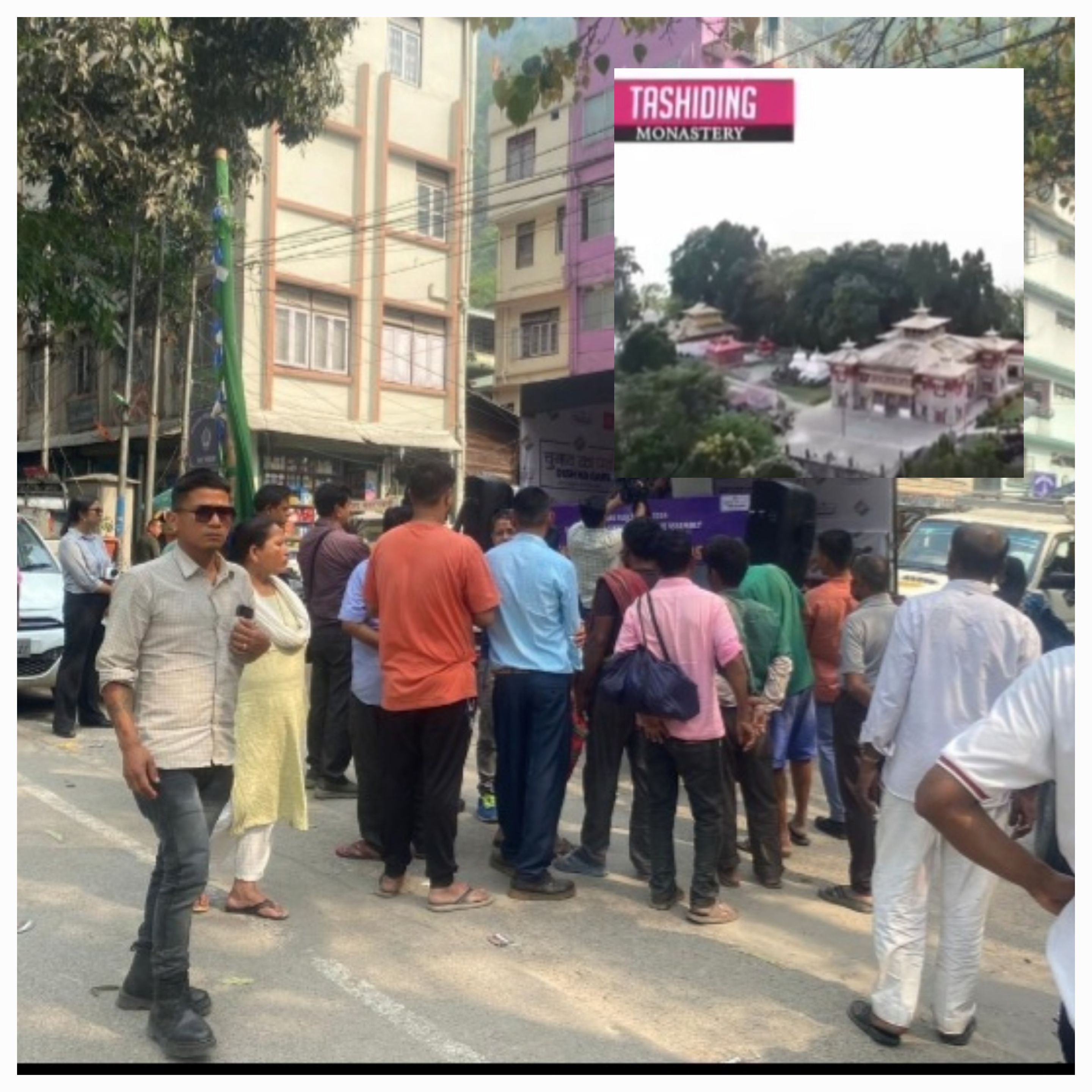SHIMLA/DEHRADUN: Praja Foundation’s Latest Report Reveals Financial Struggles in Indian Cities: Many Lag Behind in Transparency and Revenue Generation
A recent study by the Praja Foundation, published in September 2024, has exposed financial and transparency shortcomings across several Indian cities. Findings of the report is with HimbuMail.
The report, which examined 43 cities, including Shimla, Dharamshala and Dehradun from 28 states and 2 Union Territories, highlighted how many urban areas are struggling with revenue generation, budget management, and fiscal transparency.
Cities Falling Behind
While major cities like Delhi, Mumbai, Bengaluru, and Ahmedabad have taken steps towards improved financial transparency by making budget documents publicly available, others are notably behind.
Himalayan Cities such as Itanagar, Kohima, and Imphal not only failed to make their budget data available to the public, but they also exhibited a lack of financial autonomy, relying heavily on state transfers and grants.
These cities have had incomplete budget data for the seven-year period reviewed (2017-18 to 2023-24).

Gangtok, Panaji, Dharamshala, and Agartala also face challenges.
They all have incomplete budget documentation and a failure to fully adopt the National Municipal Accounting Manual (NMAM).
This deficiency impacts their ability to deliver crucial services, including water supply, sanitation, and solid waste management.
Sources of Income and Per Capita Revenue
A major issue in many of these cities is their limited ability to generate income independently.
For instance, cities like Ranchi, Raipur, and Vijayawada derive a significant portion of their revenue from state government transfers rather than their own local taxation systems.
Property tax, traditionally a primary source of revenue for municipalities, remains under-utilized in these cities.
The report revealed a sharp contrast in per capita income among Indian cities.
Cities such as Mumbai, Delhi, and Bengaluru had a much higher per capita income from municipal sources.
Mumbai reported ₹10,500 per person annually, while Delhi stood at ₹9,000 per capita.
These figures were in stark contrast to Itanagar, Imphal, and Kohima, where per capita revenue was alarmingly low, hovering around ₹1,500–₹2,500 annually.
This discrepancy highlights the uneven financial health across cities, with smaller or less-developed urban centers facing severe budgetary constraints.
Financial Challenges
Several cities face systemic issues in fiscal management.
A major hurdle is the lack of independent taxation powers in 19 of the 43 cities analyzed.
For example, Patna, Bhopal, and Gurugram rely predominantly on state-level fiscal transfers, including compensations related to Goods and Services Tax (GST), rather than generating sufficient revenue from local taxes like property or business taxes.
The funds are categorized and allocated inconsistently. This further hampers their ability to plan and execute development projects effectively.
Moreover, many cities struggle with inadequate collection mechanisms, particularly around property taxes, which constitute a major revenue stream in cities like Mumbai and Bengaluru.
The under-collection of property tax significantly impacts the fiscal health of cities such as Ranchi and Agartala, where administrative inefficiencies result in low revenue generation.

What Needs to Change?
Milind Mhaske, CEO of Praja Foundation, said in the study, “The lack of financial autonomy in many cities limits their ability to manage essential public services effectively".
Empowering local governments with stronger taxation powers and improving transparency in budget documentation is key to ensuring fiscal sustainability, he added.
The report suggests implementing a Fiscal Responsibility and Budget Management Act tailored for urban local bodies, aimed at streamlining their accounting practices and enhancing revenue collection.
The Praja Foundation also highlighted the need for incentives to encourage cities to adopt NMAM-compliant accounting systems.
Furthermore, empowering municipalities in line with the 74th Constitutional Amendment would be vital to improving financial management and service delivery.
Cities Doing It Right
On the flip side, cities like Delhi, Indore, Chennai, and Shimla were lauded for their fiscal transparency and revenue generation capabilities.
These cities not only published seven years of budget data but also had higher per capita revenues.
Shimla, for instance, reported nearly ₹8,000 per capita income from municipal sources, largely due to efficient taxation practices and local revenue collection.
The Praja report underscores the need for widespread adoption of these best practices across India to bridge the financial divide between cities and ensure better governance and service delivery.








